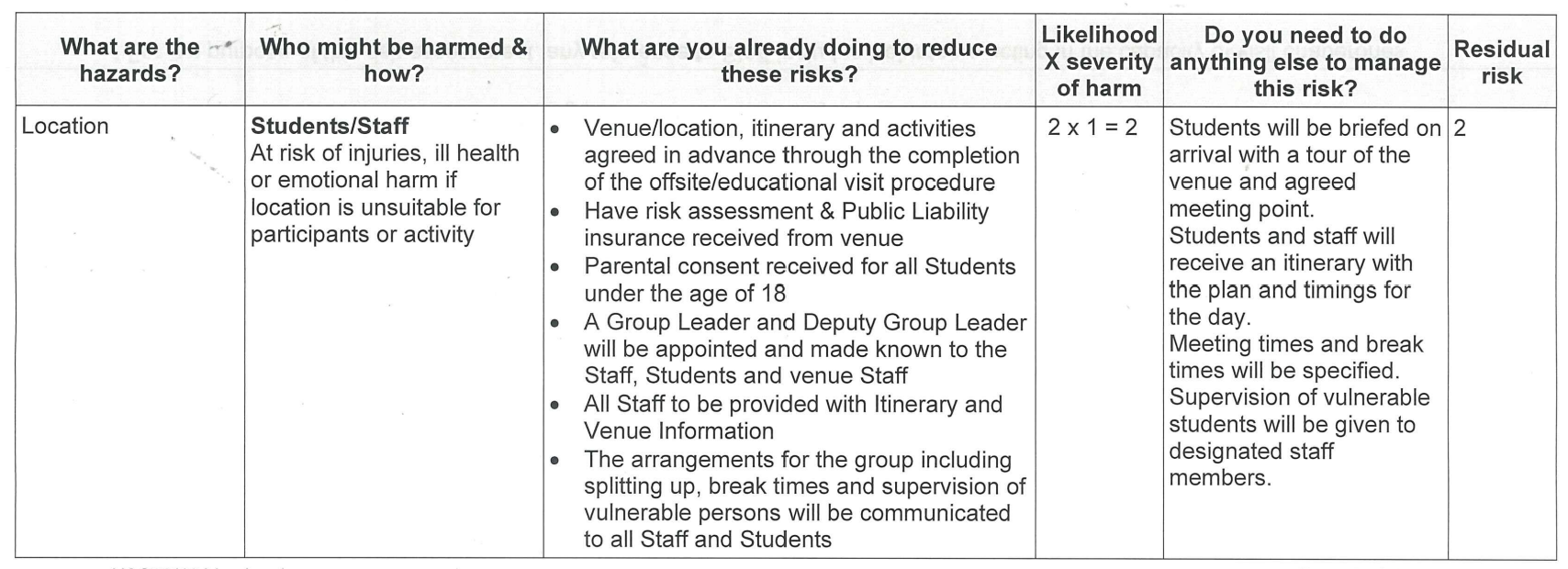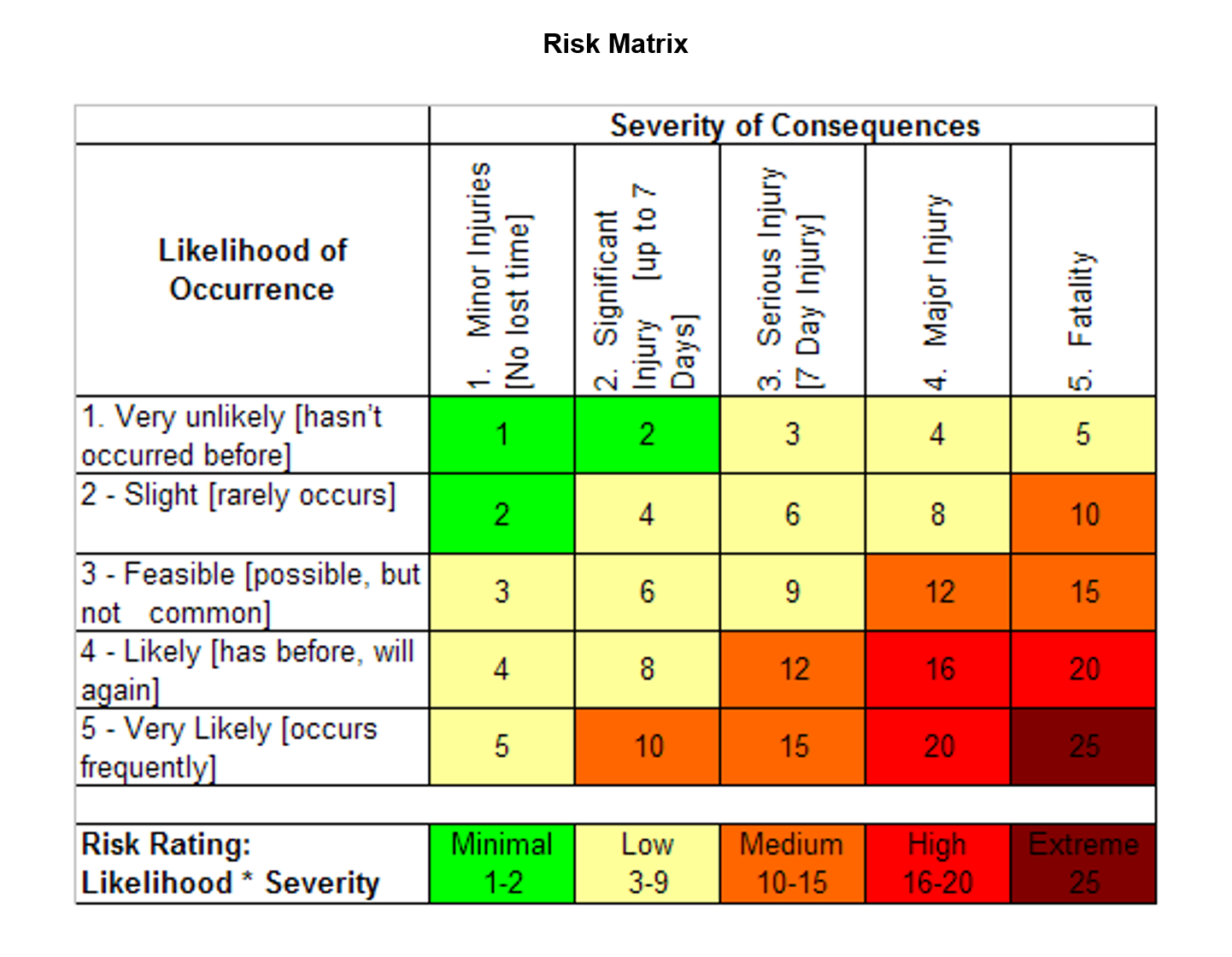week 2
A2 Factors to be considered when planning an esports event
Purpose of the event.
When creating any event it is vital to understand WHY. Why are you running the event? What are you hoping to achieve? What makes this event special?
The Whys and Whats are important metrics that you can use to judge later whether the event, if it was run, was a success. In the previous weeks, we looked at other events that have been run globally, nationally, regionally and locally, each was created to do different things. Some of the events have been created to generate interest in the game platform itself generating revenue from potential investors, sponsors and spectators. Other events may have been to promote the evolution of esports and the scope that the sector had and the potential career opportunities within it. Some other events may be just using it as a platform to generate awareness of health matters or as a tool to fund treatments for those less fortunate.
What ever the purpose of the event it is important to outline in any proposal the intentions of the event as this will provide detail to any potential sponsors of the event so that they feel confident and invest.
Aims and objectives.
The aims and objectives are more detailed than that of the purpose. The aim is what your intending of running/doing. This detail could be to have 4 stations of 5 PC's where people that attend the event compete against each other in a specific game. The detail of the objective is providing the logistics of the event, for example having specific games running at set times with finals scheduled to be at the peak time of the event to draw bigger crowds.
Budget,
The cost attached to the running of an event often can be underestimated. The running of any event requires planning and careful considerations around things like. Staffing, stage, venue, lighting, and heating costs amongst many more as is displayed below;
an example of a simple budget sheet would look something like below.
| Item | Estimated Cost | Notes |
|---|---|---|
| Venue rental | £10,000 | This includes the cost of renting the space for the event, as well as any necessary equipment, such as tables, chairs, and sound systems. |
| Prize pool | £50,000 | This is the amount of money that will be awarded to the winners of the event. |
| Streaming | £2,000 | This is the cost of hiring a streaming service to broadcast the event live. |
| Marketing | £10,000 | This is the cost of promoting the event to potential attendees. |
| Staffing | £5,000 | This is the cost of hiring staff to run the event, such as security, event staff, and production staff. |
| Other | £10,000 | This is an estimate for any other unexpected costs that may occur, such as travel expenses or unexpected equipment repairs. |
| Total | £97,000 | This is the total estimated cost of organizing an esports event. |
Undertake research on the costs of running an esports event. Reflect on the hidden costs that may be attached to running an event. Within this research select and identify at least 3 events. You should try to review small, medium and large-scale events.
Health and safety,
It is vital to ensure the safety of all those involved in the organisation, implementation and clear-up of any event. Considerations must be given not only to the those visiting the event but also to individuals running the event.
The use of a risk assessment when planning for the event will allow the organisers to reflect and review on what could be a hazard or risk that could cause harm to anyone.
A risk assessment might look like the below image;

The section of LIKELIHOOD x SEVERITY assess the significance or level of harm that could happen using the table below;

Venue hire,
The planning of any event requires a location to be included. This should be a consideration that reflects on a number of simple elements that could impact how successful the event will actually be. These could be the following;
Transport connections - It is important that most people are able to get to your location, not all people drive or have access to private transport. Therefore having links to Train, Tube, and bus routes will provide accessibility to your event.
Facilities - When potential visitors get to the event are they able to access toilets, refreshments, or food outlets? If the venue is remote, but with access to transport and there are no facilities users may choose to leave earlier than you would like.
Parking - Those that are able to make their way to your event using private transport are they able to park within the venue or close by.
Marketing and Advertising
The success of any event will rely on a number of things inside the planning stage. One key area is around marketing and advertising this is down to the fact that people need to know about your event are its location and ultimately how much is going to cost them. The plans of an event can use a number of different marketing strategies to promote their events, some of these strategies rely on traditional methods such as posters billboards TV advert placements, Whereas the use of new capabilities such as social media can allow an event organiser to market and promote their event to audiences globally not just within the local region.
Resources
Human
Technological
Physical.
What are the Success factors?
Setting and achievement of goals and targets in an event is important, this will enable the event organisers to identify whether the event has been a success or a failure that may require improvements before the re-running of the event. The factors that could be used to reflect and review an event could be;
Participation numbers - this is also referred to as footfall which is the number of people engaged within the event, this could be physical or virtual as some events are over the internet or even in the metaverse.
Interactions - this is where we monitor the number of people using or discussing or retweeting any of our marketing materials that we've been using to let other people know. We can use Google Analytics as well as Facebook insights and other analytical programs within social media to see the interaction within our posted content and see if it's engaging with our target audiences.
Ticket sales - this is one of the more traditional ways of recording how successful our event could be. However, it might not necessarily give us an accurate point of who turned up to the event as some people may buy tickets that don't actually attend the event.
Attendees - attendees are those people that actually attended physically our event. This could be recorded via things like the number of tickets that were redeemed upon entry of the event, or where someone uses a click counter to count the number of people coming in and out of the event.
Views - if the event was to be streamed we'd look at information such as the views on the stream to give us a good indication as to how many people accessed our stream at that point.
Income/money raised - this is important as we need to understand whether our event was to make a profit or a loss. Consider that all the money that could be raised might not necessarily be raised through ticket sales but through things like food sales merchandise sales and other donations.
Enjoyment - this is possibly the most important factor of any success. Some events use things like trust pilot to gather information as to the overall enjoyment or engagement within some element of an event to judge his overall success. This could allow us to reflect on whether this event could be run again or whether any information that was gathered could inform improvements to the event in its next showing.
Continuing on from week1 where you selected and discussed 3 existing esports events, you should now extend the discussions to include detail of the below for EACH selected event:
Aims and objectives,
Required resources,
Marketing and advertising,
Success factors
Last Updated
2023-06-06 08:44:26
Links to Learning Outcomes |
Links to Assessment criteria |
|
|---|---|---|
|
Learning aim A: Investigate the success of different types of esports events |
A.P1 Explore the different types of esports events A.P2 Describe factors that contribute to the success of esports events A.M1 Explain factors to be considered for different types of successful esports events# AB.D1 Produce and confidently pitch a structured and well-organised plan with justification for the type and format of the esports event, responding to questions from the audience. |
English
Maths
How 2's Coverage
Anonymous Assessment - Learners assess an anonymous piece of work containing deliberate mistakes against given success criteria.
Anonymous Assessment - Learners assess an anonymous piece of work containing deliberate mistakes against given success criteria.
Files that support this week
Week 1←
PrevWeek 2←
PrevWeek 3←
Prev→
Next→
Next